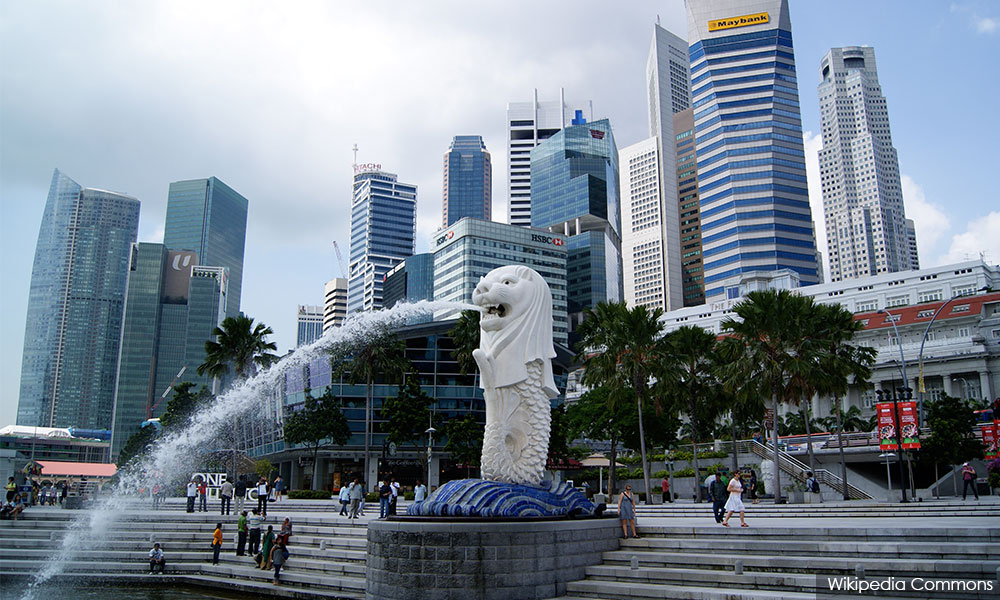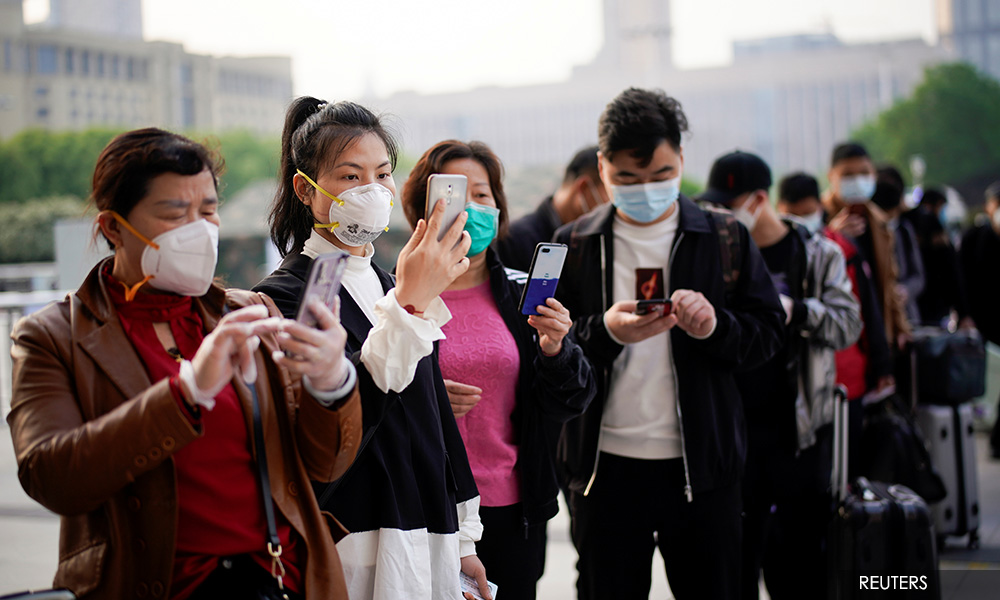COMMENT | The economic disaster following Covid-19 will likely overshadow any other crisis in modern Malaysian history. The livelihoods of Malaysians and the very survival of many businesses in the months to come will continue to be severely threatened.
Whilst the government has announced two stimulus packages so far to provide some financial aid and relief, the law must keep pace and provide more needed solutions.
To complement fiscal policies, the government ought to consider introducing innovative legislation and policies to ensure that (i) vulnerable Malaysians are protected from devastating financial consequences and (ii) businesses are provided with a lifeline so they can weather the economic storm.
We set out below several brief proposals – inspired primarily by draft bills and acts passed in various other countries – for the government to consider in-depth:
(A) Proposals to protect the people
A moratorium on eviction of private residential tenants
Housing is a basic necessity for everybody, including our workers. The UK, Scotland and Australia have introduced measures to protect tenants from eviction during these trying times.
We, therefore, suggest that there be a moratorium on the repossession of property of residential tenants for at least six months (or any longer period), including for reasons such as non-payment of rent. There can, of course, be certain exceptions to the six-month period such as where the premises are unoccupied, the tenant engages in antisocial behaviour, etc – see the Coronavirus (Scotland) Bill 2020. Likewise, assistance should be given to landlords such as waiver of quit rent and assessment rates.
Extending scope of paid leave to employees requiring time off for Covid-19
The health of our workforce – as well as the elderly, children and the vulnerable who they may be responsible for – is paramount if businesses and the workforce are to recover from the effects of Covid-19.
However, under our Employment Act 1955, employees who fall within its scope, only get 14-22 days of paid sick leave per year (depending on their years of employment). Such a short period is insufficient in light of Covid-19 and does not cover time-off required to care for a family member. Much has already been said about the legal position of employees under the movement control order (MCO). These suggestions relate to the period post the MCO.
Following in the footsteps of the US’ Families First Coronavirus Response Act, we suggest that employees should be granted 28-36 days of paid leave (an additional 14 days from status quo) if:
(a) they are diagnosed with Covid-19 or have been recommended by a doctor to stay away from work or be quarantined;
(b) they need to care for a family member who has been exposed to or exhibits symptoms of Covid-19; or
(c) they need to care for a child younger than 18 years old because their school or daycare is closed, or their childcare provider is unavailable. Alternatively, other arrangements for childcare must be provided.
The employers, on the other hand, should be compensated by the government through tax refunds or other alternative means for the additional 14 days paid leave.
Increasing the monetary threshold for bankruptcy
Following legislation from Singapore and Australia, we suggest that the monetary threshold for bankruptcy of individuals (RM50,000 under the Insolvency Act 1967) be increased to a higher value for a period of six months (or any longer period).
As an example, Singapore increased the threshold for individuals by four-fold from S$15,000 (RM45,600) to S$60,000 (RM182,400). This will relieve individuals facing debts from the stress and deleterious effects of bankruptcy in this difficult period.

(B) Proposals to protect businesses
Additional and more targeted government subsidising of worker salaries
The government’s second stimulus package has subsidised RM1,200 in respect of the salaries of employees for SMEs which have 75 employees or less for the next three months. This is laudable.
However, such subsidies may not be sufficient in the long run and do not differentiate between industries which are harder-hit compared to others.
We, therefore, suggest that the government subsidise a substantial part of the salaries of workers for the next six months (or any longer period). The value of such subsidies should also be stratified according to industries, whereby the harder-hit ones like tourism, F&B and aviation will receive a larger sum than others.
In Singapore, companies receive between 25-75 percent of such salary subsidies, where harder-hit industries like hotels and airlines receive a larger percentage than others. In the UK, state grants cover up to 80 percent of the salary of workers with a maximum figure of £2,500 (RM13,375) per month (above the median income).
Waiver of EPF contributions by employers
In order to further reduce the cost of doing business at this time, we suggest that the employer’s EPF contribution ranging from 12-13 percent of employees’ salaries be temporarily waived for the next six months (or any longer period).
Ideally, the government should contribute the whole or part of the employer EPF contribution for deserving SMEs during such time period.
Increasing the monetary threshold for winding-up of companies
Again following legislation in Singapore and Australia, we suggest that the monetary threshold for winding-up of companies (RM10,000 under Section 466 of the Companies Act 2016) be increased to a higher value for a period of 6 months (or any longer period). Singapore increased the threshold for companies by ten-fold from S$10,000 (RM30,400) to S$100,000 (RM304,000).
This will provide a temporary legal barrier for companies against the often irreversible consequences of winding-up and the termination of employees which follow.
Increasing the timeframe to respond to a statutory demand for winding-up of companies
Under our laws, a company must pay the sums demanded by the creditor within 21 days from the date of service of a winding-up notice. This is arguably too short a period in these tough times for most businesses to comply with.
Following in the footsteps of Singapore and Australia, we suggest that the 21-day timeframe be increased to a longer period for the next six months (or any longer period) in order to provide a much-needed buffer for struggling companies.
As an example, Australia plans to lengthen the period of the statutory notice from 21 days to six months, and these changes will be in force for the next six months.
(C) Proposals to benefit both the people and businesses
Providing strategic tax rebates and deductions
The government (and local authorities) should waive tax and offer tax rebates to complement the above suggestions. For example:
- Quit rent and assessment rates should be temporarily waived so that landlords are also assisted due to the possible difficulty in collecting rentals;
- Real property gains tax (RPGT) should be temporarily exempted for the disposal of properties at a consideration price of RM500,000 and below (the current exemption is limited to RM200,000 and below), allowing the lower and middle-class to maximise the value of the liquidation of their properties if they are forced to sell;
- Stamp duty charges should be temporarily waived in selected instruments such as mortgage agreements, sale of shares, etc;
- Service tax should be temporarily waived in the hard-hit tourism, F&B and aviation sectors;
- Tax rebates should also be given to businesses which don’t retrench their employees; and
- Tax rebates should also be given to businesses which are transitioning to the digital economy.
Revolutionising professional bodies for a post Covid-19 era
There will be an urgent need for bodies governing the professions such as lawyers, engineers, accountants and doctors to prepare themselves for a very different reality post-Covid-19.
This will include doing away with outdated rules which predate the digital age, adopting technology to deliver some of the services and accommodating remote working for its members.
Gradual lifting of the MCO in stages (an exit strategy)
The World Health Organisation (WHO) has advised that any exit of lockdowns would require a “calibrated stepwise approach”. In Wuhan, the Chinese government has also adopted this incremental approach where only certain businesses were allowed to resume operations, whilst schools and universities remain closed.

We believe that such an exit strategy may well be in the pipeline and would suggest that a multi-pronged approach be taken after discussion with the relevant stakeholders that would balance the recommencement of businesses with the health of the people. Among the proposals that may be considered are:
- Businesses which the government deems economically productive and income-generating and are low-risk to the health should be prioritised. This could include small businesses that can quickly and easily recommence but with strict guidelines.
- The return of workers and staff to their workplace or offices may also be done incrementally with strict operational guidelines approved by the Ministry of Health which may include Covid-19 testing for those who return (if this is feasible). Workers must feel comfortable in their work environment and all steps must be taken to ensure that they are.
- Schools and universities should remain closed but lessons may proceed online.
- Travel should continue to be restricted.
Conclusion
This aim of this article is not just to make suggestions for legislative and policy reform. It is also to encourage everyone to think out of the box and for relevant organisations, associations and other stakeholders to have input into the exit strategy for their members so that we know what to do and what to expect when the MCO is lifted.
This article is also by no means comprehensive. It does not, for example, address marginalised and vulnerable communities. That requires different solutions and equally urgent attention. (See the article by Bridget Welsh & Calvin Cheng)
What is clear is this. Just waiting for the MCO to be lifted and expecting to go back to business as usual is not an option. There are many experts out there who have written about the way forward.
We have to pull all that expertise together, get the various industries to give suggestions, perhaps through their ministries, and come up with a plan. It is time to be creative and to come up with "out of the box" solutions. We do not have much time. We must act now.
AMBIGA SREENEVASAN is former Malaysian Bar president and LIM WEI JIET is secretary-general of Hakam.
The views expressed here are those of the author/contributor and do not necessarily represent the views of Malaysiakini.
Keep up with the latest information on the outbreak in the country with Malaysiakini's free Covid-19 tracker.
Malaysiakini is providing free access to the most important updates on the coronavirus pandemic. You can find them here.
Help keep independent media alive - subscribe to Malaysiakini.

